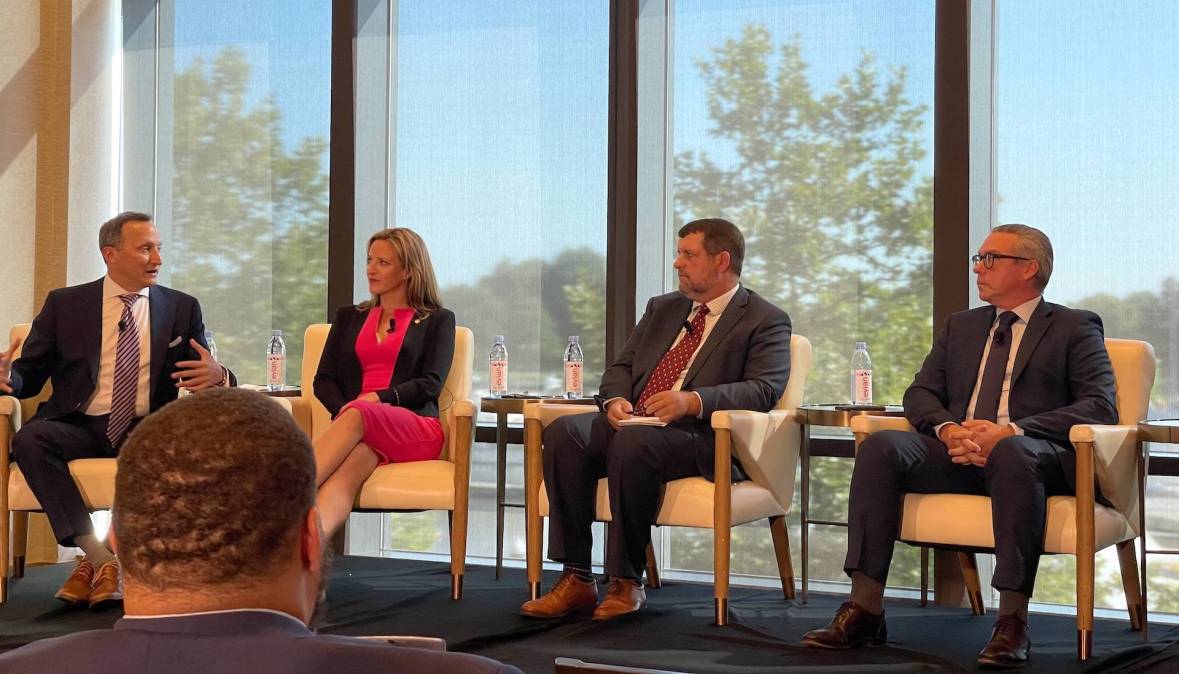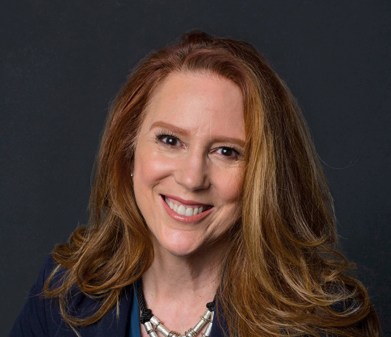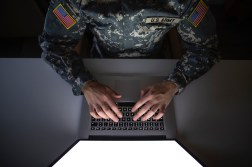‘Veil of misinformation’ chases election officials’ 2020 successes

Nearly two years after a presidential election widely hailed as the most secure and error-free in history, the officials who oversaw voting in their states continue to be hounded by misinformation and disinformation about the process, several speakers said Monday at an event in Washington.
“Elections in 2020 were extremely smooth, highly secure,” Michigan Secretary of State Jocelyn Benson said during a panel discussion hosted by the Center for Election Innovation & Research, a nonpartisan group that advises election administrators around the country. “Our story is one of great success. The other story is the veil of misinformation.”
Baseless claims and conspiracy theories about the expansion of absentee voting during the pandemic and the equipment used to count ballots have continued to fester since the 2020 election and the Jan. 6 assault on the U.S. Capitol by people seeking to overturn former President Donald Trump’s loss. The falsehoods have often morphed into threats agains election officials, highly partisan ballot reviews and even attempts by election-office insiders to tamper with equipment.
That activity continues to weigh on officials preparing to oversee another election this year, said Leigh Chapman, Pennsylvania’s acting secretary of the commonwealth.
“One concern I continue to have is the rampant disinformation on how 2020 was administered and mail-in voting,” she said. “2020 was secure, so is 2022.”
Pennsylvania, like many states, greatly expanded its use of mail-in voting in 2020. But Al Schmidt, a former Republican city commissioner in Philadelphia, said during the panel those moves were planned well before the COVID-19 pandemic, including the introduction of verifiable paper ballots and the introduction of no-excuse absentee votes. Had that transition not been planned, the effects of bad information would’ve been much worse, he said.
“I can’t imagine what misinformation we would’ve had if we didn’t have voter-verifiable paper ballots,” Schmidt said.
Despite the legal and political chaos that followed, Election Day in 2020 was “the quietest I’ve ever experienced,” said Matt Masterson, the former top election-security adviser at the U.S. Cybersecurity and Infrastructure Agency. In the lead-up to 2020, he recalled, CISA had advised election officials nationwide on protecting their computer systems with network segmentation and multi-factor authentication, and refining their processes with paper ballots and accurate, post-election audits — steps that paid off in the moment.
“We were connected through a chat room with thousands of officials, and it was quiet,” he said. “Nothing major. At times the chat room was just people joking.”
The mood is very different a year-and-a-half later, though. From the audience Monday, Alaska Lt. Gov. Kevin Meyer, who oversees elections in that state, said a candidate hoping to replace him recently promoted a campaign event that offered attendees the opportunity to smash a ballot-counting device.
Benson, who faced threats and protests outside her home after 2020, said that even as misinformation and disinformation campaigns about election administration continue to fester, she and her fellow officials do have the ability to counter it.
“The threats continue to metastasize, but we’ve gotten better too,” she said. “As we find best practices to counter disinformation, the truth is on our side, the law is on our side.”





